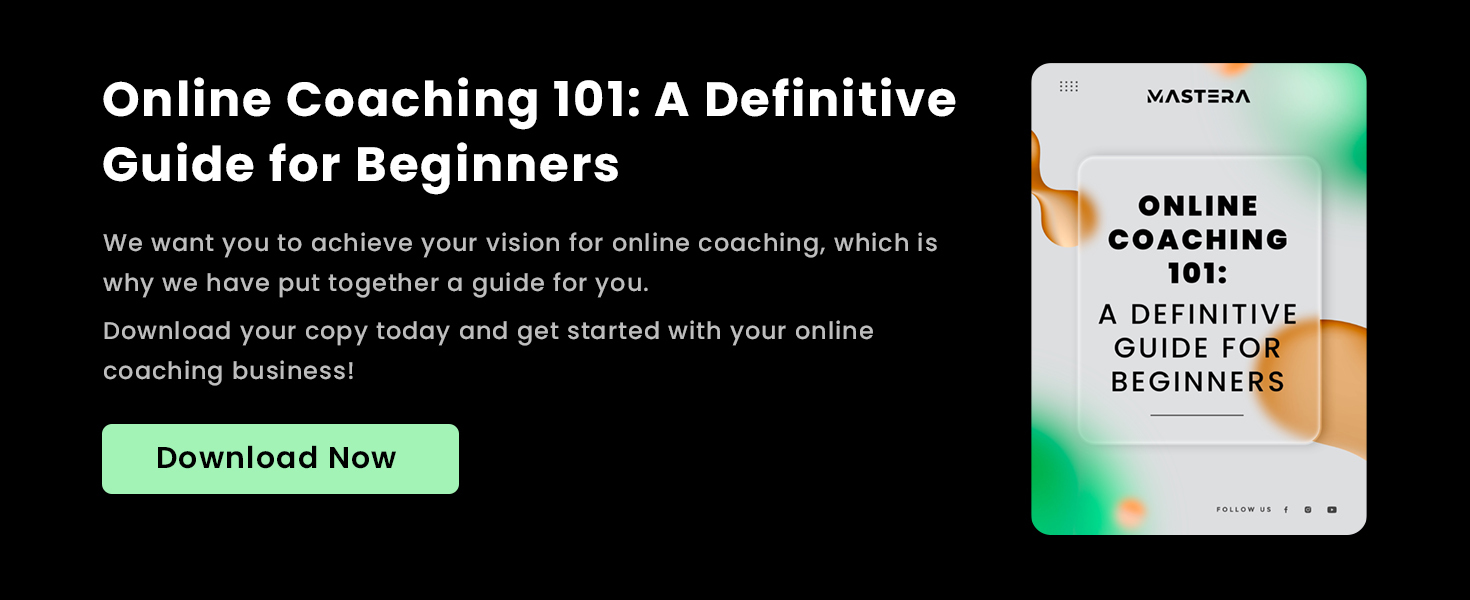If you’re thinking of starting a new venture in the online teaching industry, you may be feeling a little overwhelmed. But there’s no reason to feel this way – not if you plan appropriately and follow the proper steps before launching your online teaching business.
How, you ask?
Online teaching starts with understanding your strengths, passions, and expertise. Once you know these characteristics, they will help you discover some ideal fields of tutoring.
But the first step is to find your niche.
You may be asking yourself why this step is important or even needed. In this article, we’ll answer these questions and share five tips to help you find your niche efficiently and stress-free!
In this article:
- Why is finding your niche important?
- 5 Tips for finding your niche:
-
- Assess your passions
- Look up others in the industry
- Refine your niche
- Ask for opinions
- Reevaluate and adjust
Why is Finding Your Niche Important?
Today, millions of small businesses are running globally, and the online market is no different. Research and Markets did a study that shows the market size of worldwide online tutoring services is expected to grow to USD 18.8 billion by the year 2028. A significant number and a great motivation to start online teaching.
But what does that mean for online tutors?
For one, more competition. Each of your competitors will be marketing to the same type of audience and want a slice of the pie. This is where your niche comes in.
Your niche will help you describe what you do, how you teach, and what makes you different.
This is what all potential learners want to hear. Having a niche helps you:
- Stand out from the crowd
- Feel confident in your offering
- Be the best tutor in your niche
Finding Your Online Teaching Niche: 5 Simple Guidelines
This guide will help you understand how to find a niche and, once you’ve discovered it, how to tell if it is a good niche. Let’s take a deeper look at these guidelines.
#1: Assess Your Passions
Throw out the business plan templates for now and grab some post-it stickers and colorful markers instead.
Yes, you heard that right – the first step is to get less ‘business-y’ and more passionate. Ask yourself these questions to help you find some inspiration and answers:
- What do you enjoy doing in your spare time?
- What YouTube channels are you subscribed to?
- What blogs do you visit often?
- Are you subscribed to anything? If so, what made you sign up?
- Do your friends come to you for advice on any specific topics?
- Are you the ‘go-to-person’ for any particular within your family? For example, designing Christmas cards or baking a special holiday cake.
These answers (even if some feel obvious) will help you build an outline of who you are and what your passions are. It also outlines your strengths and enables you to see exactly what you’re good at, even if you may not know it upfront.
#2: Look Up Others in the Industry
Once you have your passions outlined, you will be getting closer to your ideal niche. Let’s take gardening as an example. If your passion is gardening and your specialization is hydroponic gardening, research other online tutors already in hydroponics. When you Google them, ask these questions:
- What content are they offering?
- Who are their customers?
- What kind of aesthetic are they going for?
- What do customers say about them?
- How much do they charge?
Analyzing potential competitors helps you see what you’re up against and how you can make your offering more unique than theirs.
#3: Refine Your Niche
Now that you’re almost there – it’s time to step back and reassess your niche. Ask yourself these questions before you go ahead with your chosen niche:
- Is it interesting? Does your niche appeal to people effortlessly, or is it something your audience may feel is too over the top or too complex?
- Is there a target audience for it? Do you have a specified target audience, and if so, will you feel comfortable marketing your niche to them?
- Is it profitable? Once you start teaching your niche online, will your content be profitable? For example, if you choose to teach a more hobby-based than educational-based topic, ensure that your instructing equipment costs are covered.
- Does it have longevity? Will you be able to keep this as your niche for many years to come? Having an evergreen niche is of the utmost importance.
#4: Ask for Opinions
The next step is to take your chosen niche and share it with a few people. The best way to do this would be to sign up for an online teaching platform that can help you set up an online course and make it available to others.
Once you’ve set up a test course, follow these steps:
- Share the course with friends or family.
- Allow them to access it for free and consume your content.
- Ask them for their opinions – what worked well versus what needs improvement?
- Review your reporting section for further data.
- Prepare to adjust any content or user experience aspects as per the feedback received.
#5: Reevaluate and Adjust
The last step is to start making any edits to your niche, your content, and the sign-up process as per the focus group test feedback. This will help you keep your differentiators top-of-mind and refine your niche to something that truly stands out from the rest.
Mastera: An Ideal Online Teaching Platform for Your New Business
We hope that this guide helps you find your niche seamlessly. Once you have your niche outlined and finalized, let our team take care of your content hosting, management, growth, and marketing. Mastera is a premium video experience platform that enables you to teach live classes and sell on-demand content online hassle-free.
Interested in learning more about our platform? Chat with us.








